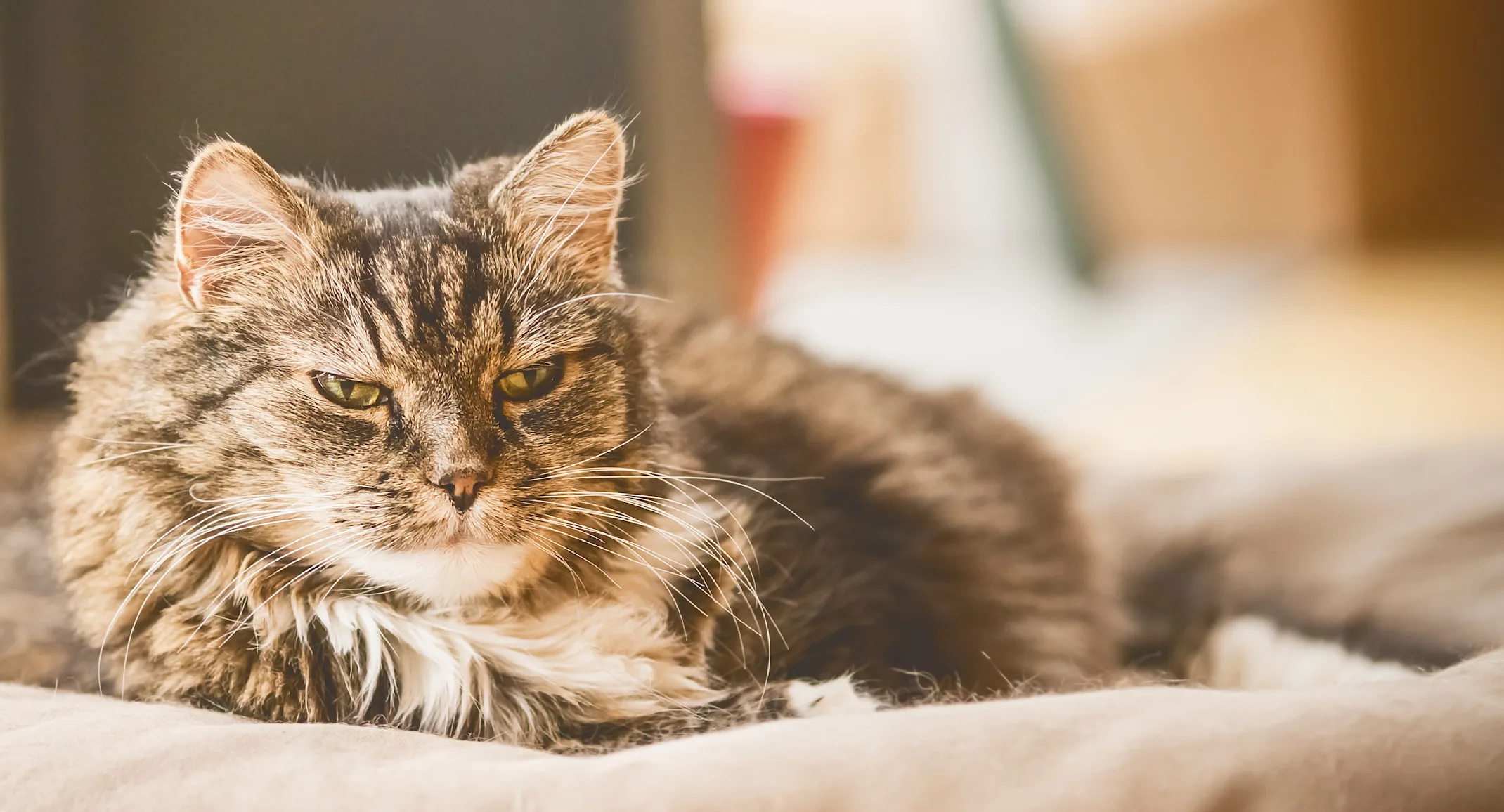Treating Your Cat for Hyperthyroidism
General

As your cat matures past age 10, they become more susceptible to a number of different health risks. Owners of aging cats need to stay vigilant to detect subtle changes to their daily routine. A common condition for cats is hyperthyroidism, which is the growth of a tumor on the thyroid gland causing the body to produce too much thyroid hormone. This hormone will cause the cat’s body to burn energy too quickly. Signs of hyperthyroidism include:
Weakness
Occasional shortness of breath
Increased appetite
A coat that looks scruffy or matted
Weight loss
Increased water drinking and urination
Hyperactivity
An increased heart rate
If your cat is diagnosed with hyperthyroidism there are three possible treatments including medication, surgical removal, or radioiodine therapy. Of the three, radioiodine therapy is the treatment of choice for the following reasons:
No anesthesia required
Destroys the entire thyroid tumor
No harmful side effects
Full recovery of thyroid will usually occur within one month
More cost-effective than other available treatments
For more information on radioiodine therapy please contact us or call us at (402) 423-9100.
